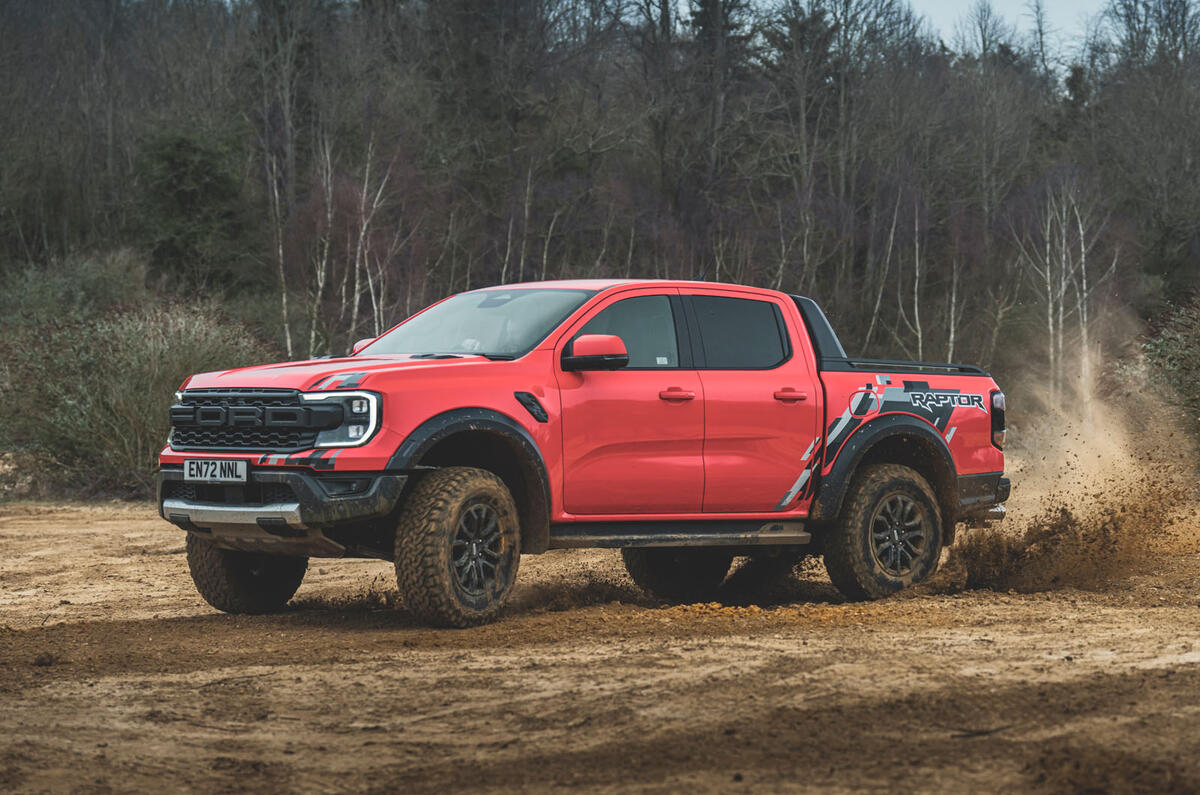Ford expects the impact of trade tariffs to cost it around $2 billion (£1.5bn) this year – with boss Jim Farley hinting it will adopt an increasingly regionalised approach in the future.
The warning came as Ford posted its second-quarter financial results, in which it incurred a net loss of $36m (£27m), despite record revenues for the three months of $50.2bn (£38bn).




Add your comment